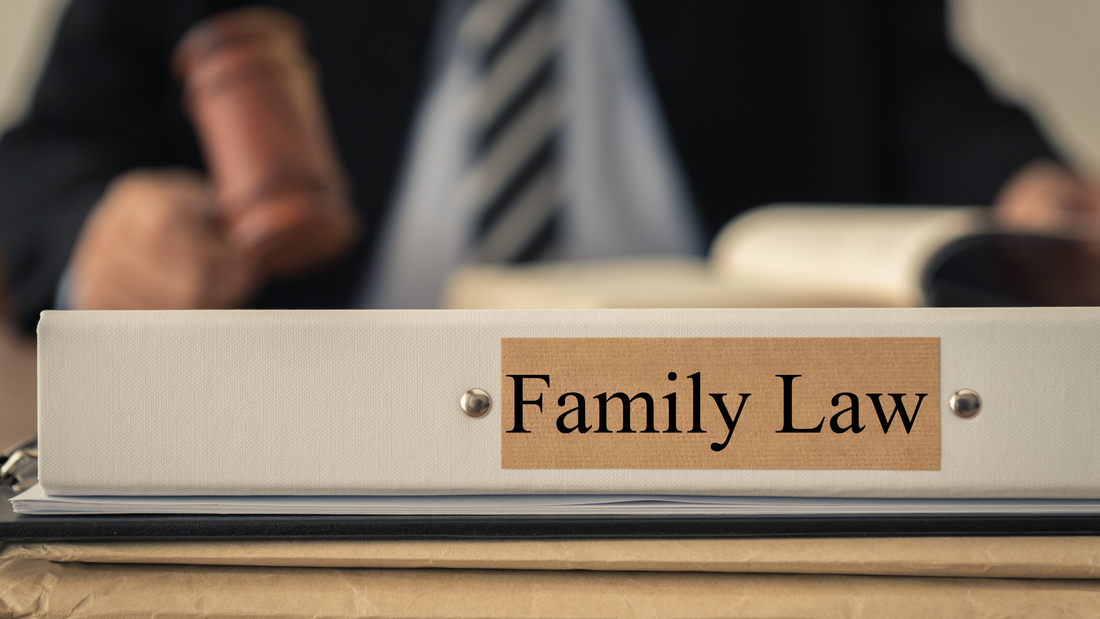Governing and Jurisdiction Clauses in Contracts Q&A
A contract represents a legally binding agreement between two or more parties. However, even when all the parties sign on the dotted line contract disputes may still come up. When a dispute occurs and both parties have chosen to resolve it through civil litigation important questions come up, particularly when the two parties operate in different states. Where will the case be heard? Who will interpret the contract’s terms and based on what set of laws?
To significantly reduce the possibility of a lengthy and expensive dispute, it is advisable to get ahead of the problem by answering these questions before contract disputes arise by enlisting the expertise of a Miami civil litigation lawyer during the drafting of any contract. They will be sure to include both a Governing Clause and Jurisdiction Clause.
What is a Governing Clause?
The first step in determining which laws will be applied toward the resolution of contract disputes is to include a governing clause (also called choice of law clause) within the contract. Laws, especially those governing business contracts, vary by state. So, there may be various legal interpretations of the same contract depending on which state laws are applied. By including a governing clause, both parties agree on which state’s laws will govern the contract and interpret its terms should a dispute arise. Governing clauses are especially important when the parties signing the contract, such as businesses, are operating in separate states.
What is a Jurisdiction Clause?
Once a governing clause is agreed on, it is now time for the parties to choose which court(s) will have the right to hear any resulting contract disputes. This agreed-upon condition must be explicitly stated in the form of a jurisdiction clause (also called forum selection clause). By including a jurisdiction clause, both parties establish and agree on which court(s) will hear and decide on any disputes that arise from the contract. The jurisdiction clause and governing clause do not necessarily have to match, a specified state court can be made to apply laws from another state. There are two types of jurisdiction clauses.
- Exclusive Jurisdiction — Only the court(s) specified in the clause have the right to handle contract disputes. Parties must litigate their case in those specified courts.
- Non-Exclusive Jurisdiction — Both the specified court(s) and other courts not explicitly stated in the clause can handle disputes. Parties can choose to file their lawsuit in these unspecified courts.
Governing and jurisdiction clauses must be written precisely to prevent any misunderstandings and disagreements over jurisdiction in the future. The right choice of state laws and forum can also benefit a party and help them avoid disadvantages such as costly out-of-state litigation or unfavorable state laws. Consult with an experienced Miami civil litigation lawyer to ensure both these clauses, as well as the contract itself, are properly drafted.
At Pimentel & Castillo, our Florida civil litigation attorneys are skilled at drafting contracts and representing our clients in contract disputes. Call and request a free consultation with our experienced Florida civil litigation attorneys today.





